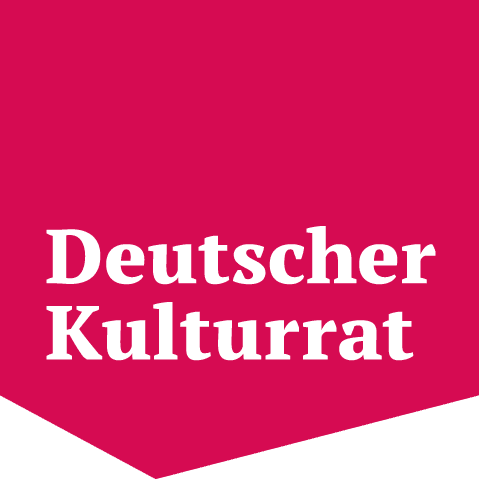

The
Sign up for free.

The Deutscher Kulturrat e.V. is the umbrella organization of the federal cultural associations and serves as the central point of contact for politics and administration at the federal, state, and European Union levels in all cultural policy matters.
Founded in 1982 as a politically independent working group, the Deutscher Kulturrat was transformed in 1995 into the fixed structure of a non-profit association. Today, the association includes more than 280 federal cultural associations and organizations, which are grouped into nine sections, including the Deutscher Fotorat, Deutscher Musikrat, Rat für darstellende Kunst und Tanz, and others[1][2].
The main mission of the Deutscher Kulturrat is to stimulate cultural policy discussions at all political levels and to advocate for artistic, publication, and information freedom. The association promotes a work culture characterized by recognition, respect, and appreciation, and emphasizes the inviolability of human dignity in the workplace[1][4].
The Deutscher Kulturrat is actively engaged in sustainable initiatives. The Project Office "Sustainability & Culture" works in cooperation with the Bund für Umwelt und Naturschutz Deutschland (BUND) and the Council for Sustainable Development to connect the sustainability discourse with cultural policy debates. Additionally, the association advocates for a respectful and safe work culture in arts, culture, and media by highlighting the importance of recognition, respect, and appreciation in the workplace[1][4].
The Deutscher Kulturrat regularly presents position papers that address current issues such as appreciative work and respectful interaction in the arts, culture, and media sectors. These papers emphasize the commitment to creating and maintaining a work culture shaped by diversity and individual identity[4].
Thus, the Deutscher Kulturrat is a central actor in German cultural policy, advocating for the promotion and protection of culture while simultaneously advancing sustainable and respectful work practices.